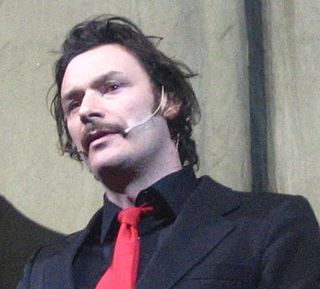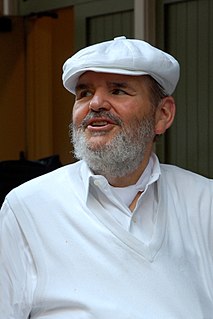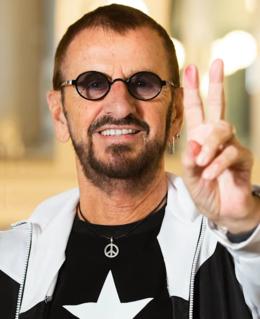A Quote by Tim Wu
When you think about normal advertising, it's just like, hey, here's a car and, you know, we don't know if you're looking for a car or not. So Google promised that mental state, and then were able to prove that delivering the message at the exact right moment would make someone click on something. So they pioneered the idea that advertising could be profitable on the internet, that a specific, very micromental state could be targeted. And they established the primacy of the click, which has haunted us ever since.
Quote Topics
Related Quotes
Google has you at a very specific mental state that is, looking for something. And what they've always been able to say is, we deliver your message at the exact time someone is, say, looking for fishing hooks or looking for marriage counseling or looking for a lawyer for a particular problem. And here we have our customers telling you what is in their heart and soul. It's something that, you know, advertisers have wanted for decades.
Me and Noel went to HBO once and pitched this really ludicrous idea about us driving around in a haunted car, and they just stared at us. Literally stared at us! It was awful. Luckily, we were together, so we could laugh about it, but if we were on our own, it would have been one of the worst moments ever.
Facebook, when it began, like Google, was very resistant to advertising. They knew, like all - Mark Zuckerberg, like all good engineers, knew that advertising makes the product worse. But, you know, over time, they've been forced to increase the advertising load more and more and more. And the way they advertise is they - it's subtle but they know everything, you know, about everybody on the site.
There were rumors in the air that all these different clubs were looking at me but I didn't know which specific clubs. No one told me anything. And then I got a message: 'Bayern Munich want to meet you.' I was like: 'Oh my god. Really?' It was both exciting and scary. I just had to prove to myself that I could compete at this level.
I feel like with Indy cars, you can just show up - if you are equipped to build and make a nice car, then you could be competitive. But in NASCAR I don't see that even being possible for someone to just show up with a car. There's too much evolution of the tricks and bells and whistles and all the things it takes to be fast in stock-car racing that you wouldn't know.
Were the succession of stars endless, then the background of the sky would present us an uniform luminosity, like that displayed by the Galaxy-since there could be absolutely no point, in all that background, at which would not exist a star. The only mode, therefore, in which, under such a state of affairs, we could comprehend the voids which our telescopes find in innumerable directions, would be by supposing the distance of the invisible background so immense that no ray from it has yet been able to reach us at all.
I think of Google as a set of overlapping things. It's a consumer platform, consumer phenomenon of which search is its fundamental activity, but there are many other things you can do than search... I think of Google as an advertising company who services the broader advertising industry in the ways that you know.
I wish more of the web had stayed nonprofit. But the advertising model took over and I think has delivered us to where we are, along with the development of content, which is designed to do nothing else but make you click on it or share it. And I think it's kind of a low goal for content, and I think that's taken us to our current abyss.
In the old days, you could segment happily. You could put out one message to one segment of the audience, and one to another. That has now gone. You say something to one community and instantly, literally at a click, it's available to everybody. What it means is that if you're trying to craft a message, it's very difficult.
My dreams are always quite attainable, I wouldn't like to spend a lot of money on a car. I've got a mental block about splurging on something so visible like that. I could do it on a watch or something because that's quite personal and it isn't something that's on show all the time, but with a car everyone thinks you're a show-off. But one thing I would really like is a Ford Mustang - for me, that's the attainable dream. You look at it and you just think "F*** yes!" - you can hear an electric guitar solo playing in your head!

































